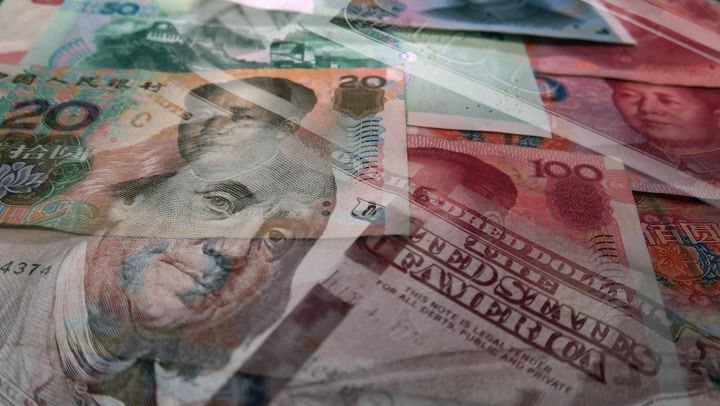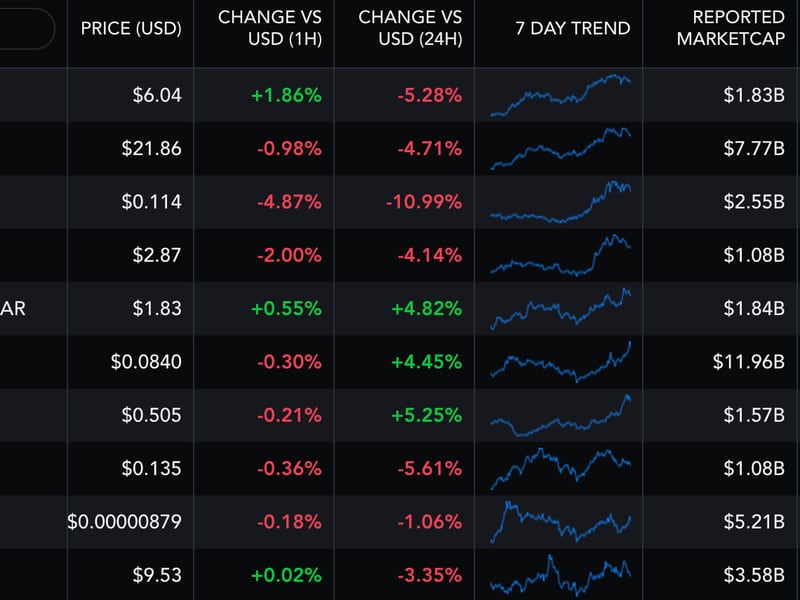BitGo Will Provide Cold Storage Crypto Support for Japan’s Bitgate
BitGo CEO Mike Belshe (CoinDesk archives)
BitGo Will Provide Cold Storage Crypto Support for Japan’s Bitgate
Japanese crypto exchange Bitgate will soon offer customers cold storage services through BitGo, a U.S.-regulated trust company, meeting new legal requirements set by the local financial regulator.
BitGo announced Wednesday it would provide its “Self-Managed Custody” service to the exchange, which is supervised by the Japanese Financial Services Agency (JFSA). Japan-based financial services firm Daiko Holdings secured a controlling stake in the exchange earlier this year.
These are requirements by the JFSA, said BitGo CEO Mike Belshe, with new regulations going into effect this past May reflecting an increased amount of attention paid to security in a country that has suffered some of the crypto world’s largest exchange hacks.
According to a press release by BitGo, the solution was built for the Asian markets, and enables security features like multi-signature wallets that ensure there isn’t a single point of failure which could lead to a breach or loss.
“This probably stems in fact from the long history that Japan has with crypto,” Belshe told CoinDesk. “As you know, crypto in Japan has been pretty strong, but we’ve also had a couple of really prominent losses over time, one being Mt Gox, and later Coincheck.”
The regulator mandates exchanges use cold storage for the bulk of their clients’ assets, Belshe said, which BitGo agrees is a best practice for the industry.
BitGo currently provides services to six of the 24 licensed exchanges in Japan, Belshe claimed, and the company has been meeting with the regulator for years.
In his view, the JFSA recognizes the risk that exists with storing assets online, whether that’s in the crypto space or other, more traditional firms. This may be part of why it recommends offline solutions for regulated entities.
“I think Japan thinks a lot more about breaches,” he said. “I think culturally [it cares] a lot about the reputation of the country, and what it means when there’s a loss inside a firm” based in Japan.
Disclosure
The leader in blockchain news, CoinDesk is a media outlet that strives for the highest journalistic standards and abides by a strict set of editorial policies. CoinDesk is an independent operating subsidiary of Digital Currency Group, which invests in cryptocurrencies and blockchain startups.







